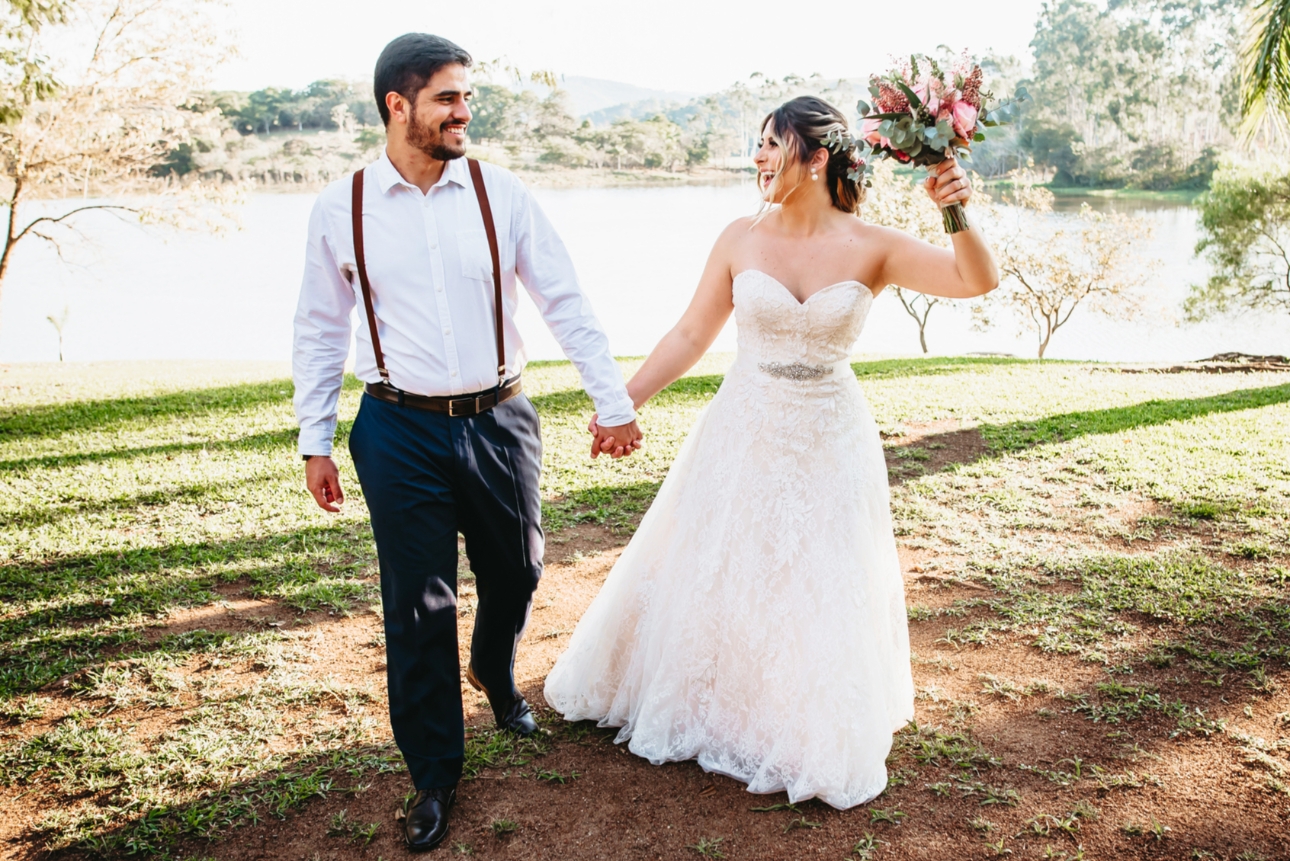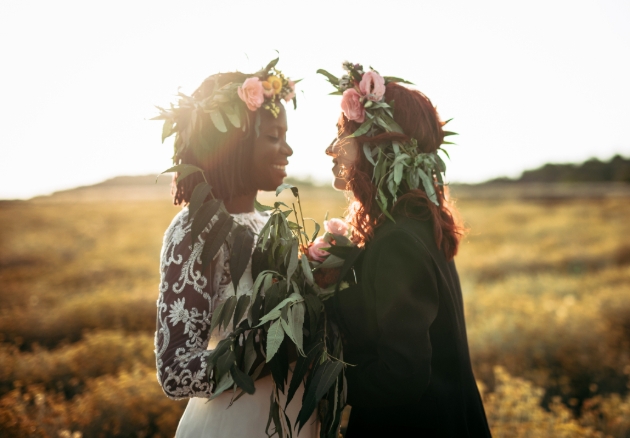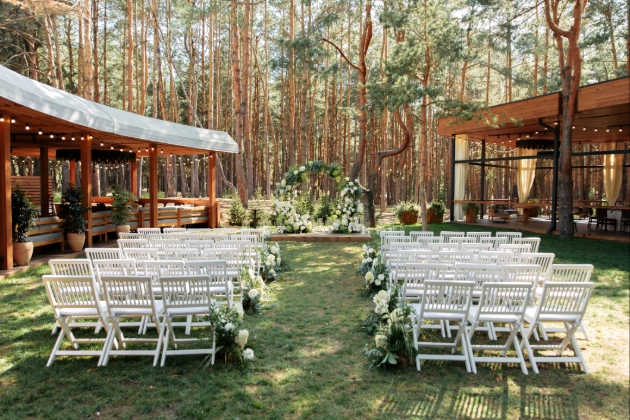Enjoy a spring fling in the Cotswolds with Finest Retreats
Stay in a spectacular converted Grade II listed building in the picturesque village of...

In the biggest reform proposed to England's marriage ceremony law, the Government's legal advisors have recommended that couples be allowed to marry in whatever outdoor location they choose. But what does this truly mean for couples looking to plan their big day? County Wedding Magazines talks to Kate Van Rol, barrister at 4 Paper Buildings, to find out....
"The current law, which prohibits couples from marrying in anything other than a permanent structure with a roof if the ceremony is to be solemnised legally, has been largely unchanged since 1836." says Kate. "The Law Commission (an independent body which scrutinises legislation) are wishing to radically modernise the current antiquated laws. There is a strong consensus from the public that reform is desperately required as the current laws are not fit for purpose nor are they reflective of the way in which people wish to solemnise their relationship.
"There are calls for weddings to be allowed not only in outdoor settings such as private gardens, parks, beaches and the grounds of licensed wedding venues but also in private homes and even cruise liners.

|
"The cost of any wedding is considerable and has gown steeply. The reforms would not only open up the possibility of different venues being used for marriage ceremonies but also create an opportunity for more affordable weddings. This may well encourage more couples, who have previously been 'priced out' of getting married, to wed. It is indisputable that the changes would bring a much-needed boost to the wedding industry in these very challenging times. Perhaps the younger generation would also be encouraged to contemplate marriage if the wedding itself is in financial reach.
"Inevitably there will be some extravagant, soulless Vegas-style weddings but, conversely, there will be some small, meaningful, economical and special ceremonies for others. It is expected that the process would be simplified enabling couples, for example, to complete the initial stage of giving notice of their intended wedding on line or by post. The changes would offer greater flexibility to couples both in terms of the venue they choose and in respect of the framework which operates in allowing non-religious belief organisations (e.g. humanists or independent celebrants) to conduct the service.

|
"Some couples erroneously believe that ceremonies of other religions such as Hinduism and Islam are recognised under UK law whereas, in fact, they are not. The changes would ensure that these ceremonies were valid.
"A greater choice in all respects is likely to be celebrated by those contemplating marriage. However, it is critical that there remains an awareness of the solemnity of a marriage and the important and binding consequences which flow from entering into such an arrangement. It's crucial that everyone understands that the seriousness of the commitment does not weaken. Marriage is still a decision which should not be entered into in haste; it is a legally binding agreement. As a divorce lawyer I, unfortunately, see the unhappy side of marriage when it does not last. The vast majority of couples enter into marriage expecting it will endure forever and it's hoped that these changes would not alter that romantic optimism.
"It is hoped that the Law Commission's report will be published in 2021 with a view to the changes being implemented thereafter. "Watch this space as there will no doubt be an influx of Elvis impersonator celebrants entering the scene!"